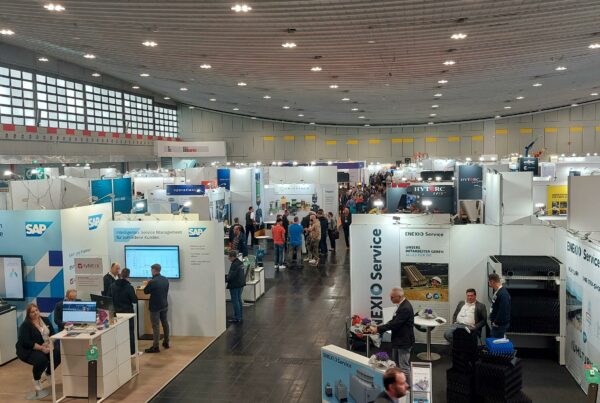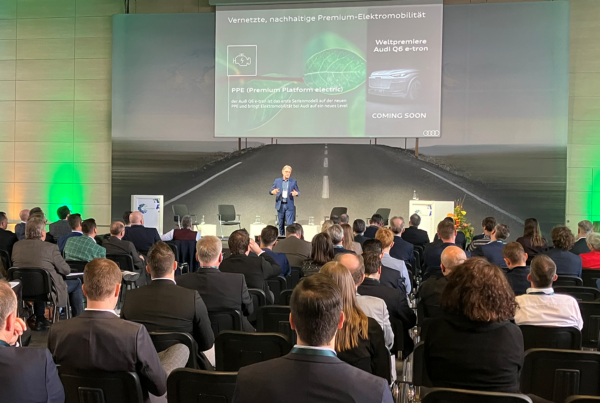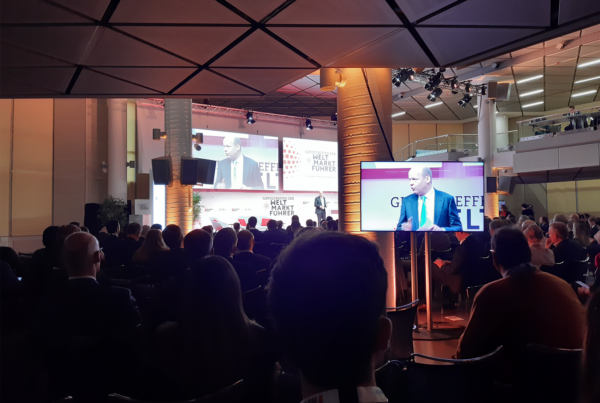How to improve your impact as a company when it comes to packaging
25.8 million tonnes of packaging waste are generated in Europe every year. Of this, 730 tonnes end up in the Mediterranean Sea alone. These figures illustrate the scale of the packaging waste problem and its associated impact on the environment. To create a more sustainable future, it is crucial to take action to reduce packaging waste, promote a circular economy and enable sustainable reusable solutions.
Sustainability: Way more than a fashionable term
What does being sustainable mean anyway? The term “sustainability” originally comes from forestry, where only as much wood is harvested naturally regrows. Derived from this, sustainability means preserving balanced ecological living conditions for future generations with one’s own responsible actions. Instead of throwing away products after one single use, long-lasting and reusable alternatives are created. This is achieved by utilizing reusable packaging and repairing it. By avoiding packaging waste, the need for new raw materials is lowered, and the environmental impact is reduced. Going green does not necessarily mean high costs or great efforts. Sometimes it’s the little things, like creating less waste by buying less plastic or using reusable coffee cups for on-the-go.
Intelligent container management
A reusable system conserves resources by encouraging the return of multi-use packaging.. Our intelligent container managementhas been in place for 30 years, enabling us to establish sustainable processes within a modern supply chain. It not only offers an environmentally friendly alternative to disposable packaging,but also promotes a rethink in the use of packaging materials.
The problem with disposable cardboard packaging
In a wide variety of industries, disposable cardboard packaging is still the preferred option. The electronics industry, for example, produces microchips that are shipped with foam padding and cardboard packaging. During transport, sensitive electronic devices are exposed to an increased risk of moisture and shocks. Unfortunately, shipping withcardboard often results in damaged goods, additional labour costs and large amounts of packaging waste. This risk and the resulting packaging waste can be avoided by using an efficient container management system.
Long-term cost savings through intelligent container management
So far so good. But how is a company supposed to save costs through container management when at first glance, the costs for such a system seem so high? The answer is our intelligent container management. A circular economy reduces storage costs by not keeping reusable containers in stock for unnecessarily long periods of time. Disposal costs are saved as the amount of waste is significantly reduced. Transport costs are lowered because the reusable transport packaging (RTP) can optimally utilize the loading capacities of transport vehicles. The RTPs are stacked efficiently and coordinated with each other to make the best use of the available space in transport vehicles and warehouses. This reduces empty runs and lowers transport costs. The time required for packing and unpacking the products is also saved.
The step towards a sustainable future
By relying on reusable containers and avoiding single-use packaging, we help to reduce waste, conserve resources and reduce our ecological footprint. This is an important step towards a sustainable future.
Change our mindset
We can all do more for a greener future, and there are good reasons to get involved in sustainable solutions early. Changing consumer expectations and stricter regulations are increasingly driving us towards a circular supply chain. But why wait, when you can be ahead of the curve – more sustainable and more profitable than ever.






